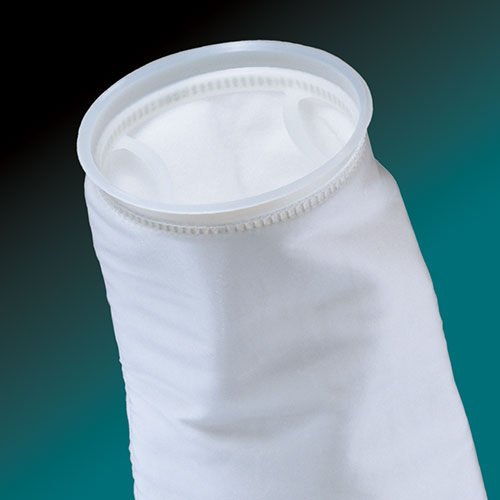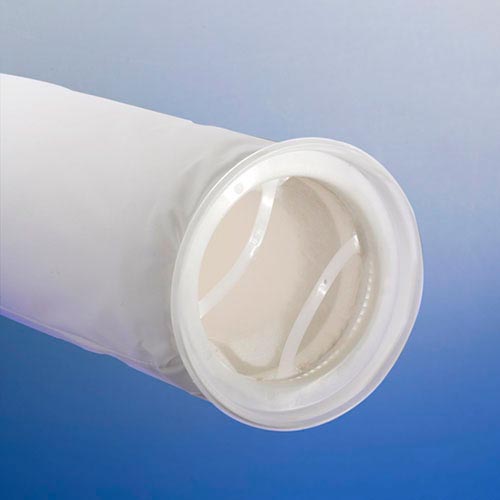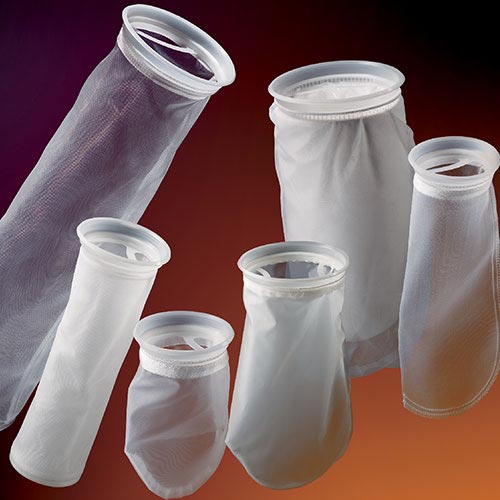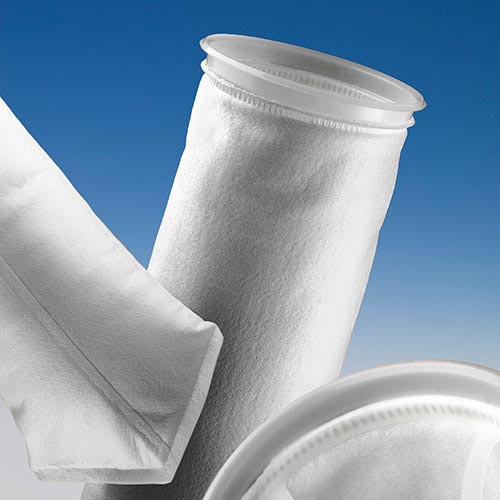Features
- Proprietary polypropylene, triple-layer construction adsorbs hydrocarbons from air, gas and aqueous streams for clearer results
- Outer cover prevents fiber migration to reduce waste
- Non-foaming microfiber offers product cleanliness, high performance and longer service life
- High void volume means longer service life, higher contaminant loading and reduced waste loads
- Easy change-out reduces down time
- PolyLoc® ring creates a hermetic seal within a vessel housing to prevent liquid bypass
- POMF1A, 2A, 10A & 25A are available with NSF Standard 61 Certification
- Please refer to the Pall FSI QA Department for compliance to specific National Legislation and/or Regional Regulatory requirements for food contact use.
| POMF1A, 2A, 10A & 25A | Available with NSF Standard 61 Certification |
| POMF 1A, 2A, 10A and 25A | Bags are made from FDA-compliant materials (OA bags also include an additional layer of oil removing material) |
| Auto Construction | (Seams on Inside) |
| Available Materials | Polypropylene microfiber |
| Maximum Operating Temperature | 160° F (93° C) |
| Suggested Differential Pressure | 35 PSIG maximum — dirty 10-15 PSIG optimum change out |
| Micron Rating | 1A: 1 micron 2A: 2 micron 10A: 10 micron 25A: 25 micron 50A: 50 micron 90A: 90 micron 120A: 120 micron OA: Special purpose 25 micron (includes an additional layer of oil removing material) |
| Sizes | #1: 7” dia. x 16” long, 65 GPM #2: 7” dia. x 32” long, 125 GPM #3: 4” dia. x 8.25” long, 20 GPM #4: 4” dia. x 14” long, 35 GPM |
| Available Rings | (See chart on right for all available rings) |
Filter Bags
Literature
Other FSI Filter Bag Literature:
Key:
 Recommended for most conditions up to the maximum temperature of the material.
Recommended for most conditions up to the maximum temperature of the material.
 Fair. May be acceptable, but testing is recommended.
Fair. May be acceptable, but testing is recommended.
 No data available. Customer testing required.
No data available. Customer testing required.
 Not recommended.
Not recommended.
Earn 10% off* your next order online by leaving a review of this product. Please login to your account to leave a review. We appreciate and value your feedback.
*Subject to Terms and Conditions.







